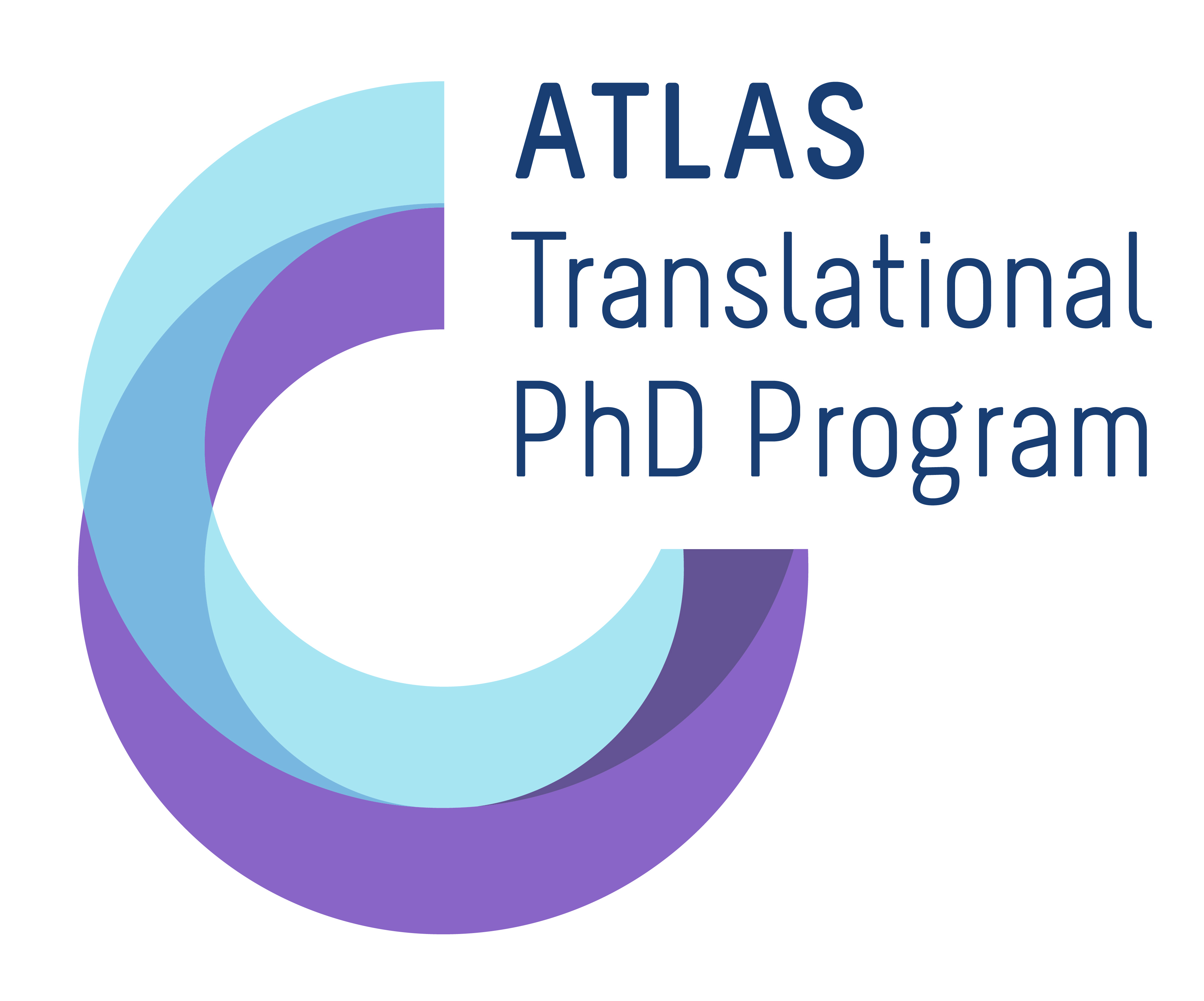Scientific background
Inflammatory diseases are a group of disorders characterized by inflammation in various parts of the body. These diseases can affect multiple organs and tissues, leading to a wide range of symptoms and complications. Examples of inflammatory diseases include rheumatoid arthritis, inflammatory bowel disease, psoriasis, and multiple sclerosis.
Anti-inflammatory therapies are commonly used to treat inflammatory diseases. These therapies aim to reduce inflammation and alleviate symptoms. However, there are limitations to these therapies. For example, they may not be effective for all patients, and they may have side effects that limit their use.
Disease-modifying therapies are needed to address these limitations. These therapies aim to modify the underlying disease process and prevent or slow down disease progression. They may be safer and more effective alternatives to conventional anti-inflammatory therapies.
PhD project description
In this PhD project we aim to develop novel combinatorial therapies that target the inflammatory response and promote tissue regeneration in inflammatory diseases. The project will involve the use of cutting-edge techniques in biologics development and RNA biology to generate drug candidates that can be used to modulate the immune system, reduce inflammation and promote tissue regeneration.
The successful candidate will work closely with a team of experienced researchers to design and execute experiments of in vitro, ex vivo and in vivo assays. The project has the potential to make a significant contribution to the field of anti-inflammatory drug development and will lead to the development of novel disease-modifying treatments for inflammatory diseases.
Required profile of the candidate
The ideal candidate should have:
High analytical skills
High ability of reflective and critical thinking
Master degree in the field of immunology or physiology
Good knowledge of cellular and molecular biology
Experience with cellular, biochemical and molecular assays
Experience with experimental in vivo procedures and models of inflammatory diseases is desirable
High standard of spoken and written English with the ability to write scientific study reports on the experiments and studies performed
Flexibility, scientific curiosity, and commitment to successfully meet challenges
High level of organization, well-structured and precise way of working
Willingness to take over responsibility, as well as to work in a team
Publications relevant to the project
• Fischer, R. et al., Selective Targeting of TNF Receptors as a Novel Therapeutic Approach. Frontiers in cell and developmental biology 8 (2020). doi: 10.3389/fcell.2020.00401
• Sahin, U., mRNA-based Therapeutics—Developing a New Class of Drugs. Nature reviews Drug discovery 13, no. 10 (2014). doi: 10.1038/nrd4278
• Siebert, S. et al., Cytokines as Therapeutic Targets in Rheumatoid Arthritis and other Inflammatory Diseases. Pharmacol Rev. (2015). doi: 10.1124/pr.114.009639
